Deciding What Type Of Business To Start
:max_bytes(150000):strip_icc()/starting-own-business-1200678-Final-edit-050e3ef116174733a310b081c943fb37.jpg)
The dream of owning a business is a powerful motivator for many, fueled by the promise of financial independence and creative freedom. But the path from aspiration to operational business is paved with critical decisions, none more fundamental than selecting the right business type. This single choice can determine the success or failure of the entire venture, making it paramount to approach it with careful consideration.
Choosing the appropriate business model is not merely a formality; it's the bedrock upon which the entire enterprise is built. This decision, often made in the early stages, dictates operational strategies, financial requirements, and long-term growth potential. This article explores the critical factors entrepreneurs must consider when deciding on the type of business to start, drawing on expert insights and data-driven analysis to guide aspiring business owners.
Self-Assessment: The Foundation of Choice
Before diving into specific business ideas, a thorough self-assessment is crucial. Understanding your strengths, weaknesses, passions, and financial resources is paramount. This introspection will serve as a filter, narrowing down the vast array of possibilities to those that align with your personal and professional capabilities.
Consider your skills and experience. Are you a natural salesperson, a skilled craftsman, or a tech-savvy innovator? What industries are you familiar with and passionate about? Aligning your business with your existing expertise significantly increases your chances of success, according to studies by the Small Business Administration (SBA).
Financial Realities and Risk Tolerance
Equally important is an honest evaluation of your financial situation and risk tolerance. Starting a business requires capital, and the amount needed varies dramatically depending on the type of business. Are you comfortable taking out loans, or would you prefer to bootstrap your business with personal savings?
Your risk tolerance will also influence your choice. A high-growth startup carries significant risk but also offers the potential for substantial rewards. A more established franchise might be less risky but also less lucrative. Understanding your comfort level with risk is crucial for making informed decisions.
Market Research: Identifying Opportunities
Once you have a clear understanding of your own capabilities and limitations, it's time to delve into market research. Identifying a need or a gap in the market is the cornerstone of a successful business venture. This involves analyzing industry trends, identifying target markets, and assessing the competition.
Start by researching industries that align with your interests and skills. What are the current trends? What problems are customers facing? Are there any emerging technologies or changing consumer preferences that create new opportunities? Data from sources like IBISWorld and Statista can provide valuable insights into industry performance and future projections.
Competitive analysis is also essential. Identify your potential competitors and assess their strengths and weaknesses. What are they doing well? Where are they falling short? This analysis can help you identify opportunities to differentiate your business and gain a competitive edge.
Exploring Different Business Models
With a solid understanding of your capabilities and the market landscape, you can now explore different business models. Each model has its own advantages and disadvantages, and the best choice will depend on your specific circumstances.
Service-based businesses, such as consulting, freelancing, or home services, often require relatively low startup costs and can be scaled quickly. However, they rely heavily on your personal skills and expertise.
Product-based businesses, whether retail or e-commerce, require more upfront investment in inventory and marketing. However, they can offer greater scalability and the potential for passive income.
Franchises offer a proven business model and established brand recognition, but they also come with strict guidelines and ongoing franchise fees.
"Franchising can be a great option for entrepreneurs who want the support of an established brand," says John Smith, a franchising expert, "but it's important to carefully evaluate the franchise agreement and understand the ongoing costs."
Legal and Regulatory Considerations
Choosing the right business structure is crucial for legal and tax purposes. Common options include sole proprietorships, partnerships, limited liability companies (LLCs), and corporations. Each structure has different implications for liability, taxation, and administrative requirements.
Sole proprietorships are simple to set up but offer no personal liability protection. LLCs provide liability protection while maintaining pass-through taxation. Corporations offer the greatest liability protection but are subject to more complex regulations and corporate taxation.
Consulting with a lawyer and accountant is essential to determine the best business structure for your specific needs. They can advise you on compliance requirements, tax planning, and other legal and financial considerations.
The Path Forward: Adapting to Change
The business landscape is constantly evolving, and entrepreneurs must be prepared to adapt to change. This includes staying informed about industry trends, embracing new technologies, and being willing to pivot your business model if necessary.
Continuous learning is also essential. Attend industry conferences, read business publications, and network with other entrepreneurs. This will help you stay ahead of the curve and identify new opportunities for growth. By carefully considering these factors and adapting to the ever-changing market, aspiring entrepreneurs can increase their chances of building a successful and fulfilling business.
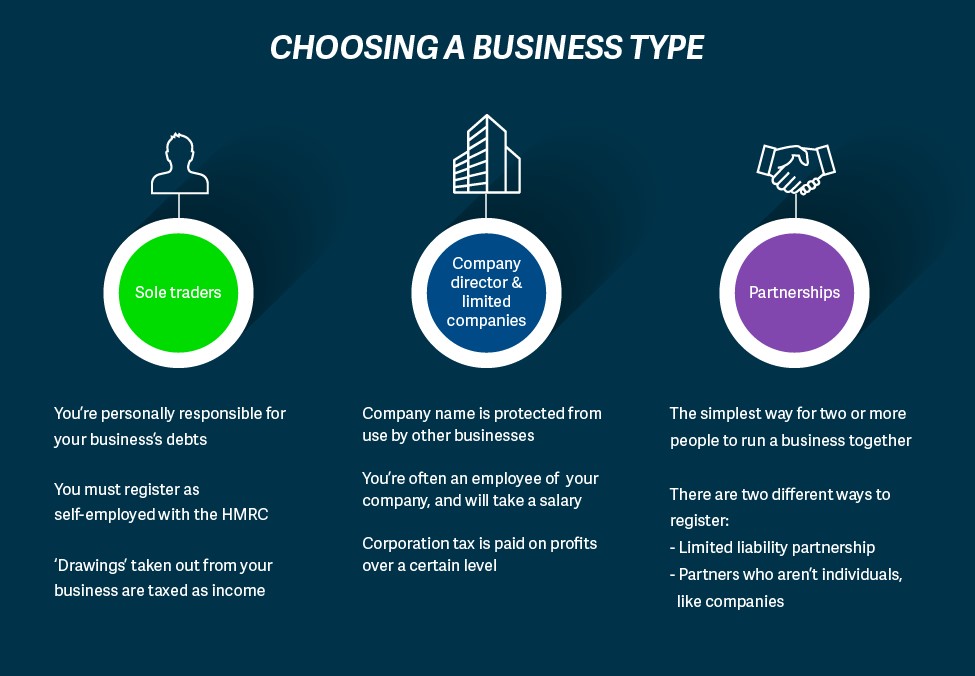
![Deciding What Type Of Business To Start How to Start a Business: A Startup Guide for Entrepreneurs [Template]](https://blog.hubspot.com/hs-fs/hubfs/tips-for-starting-a-business.png?width=1125&name=tips-for-starting-a-business.png)
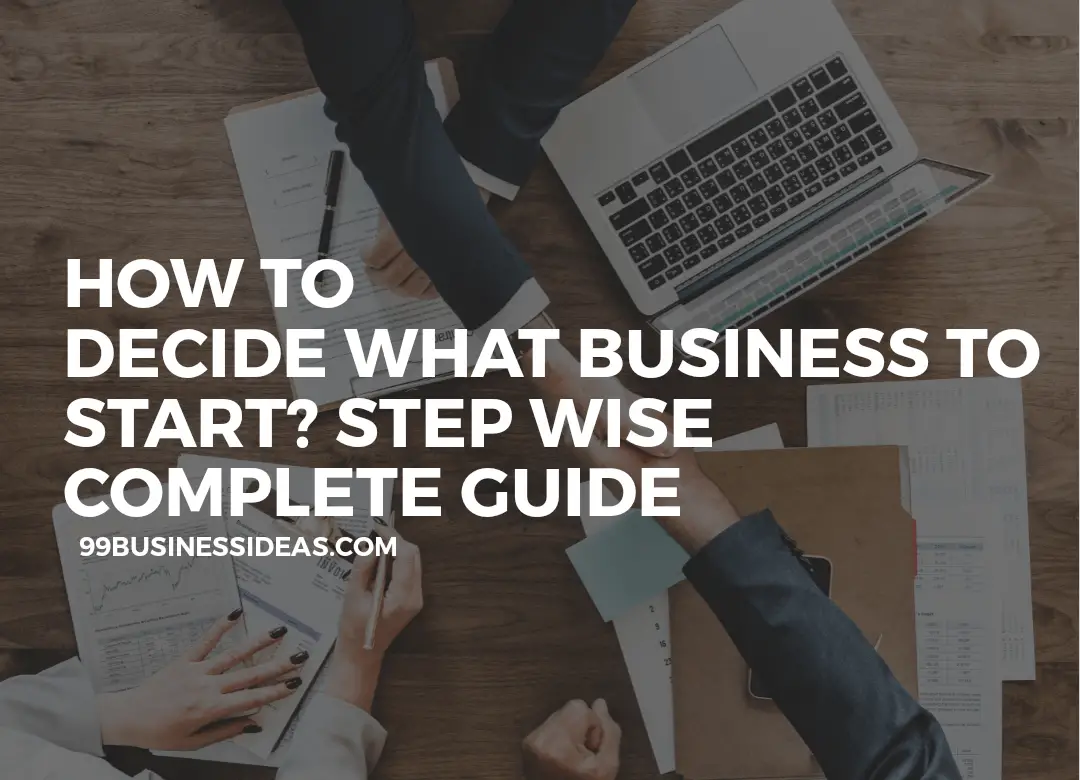



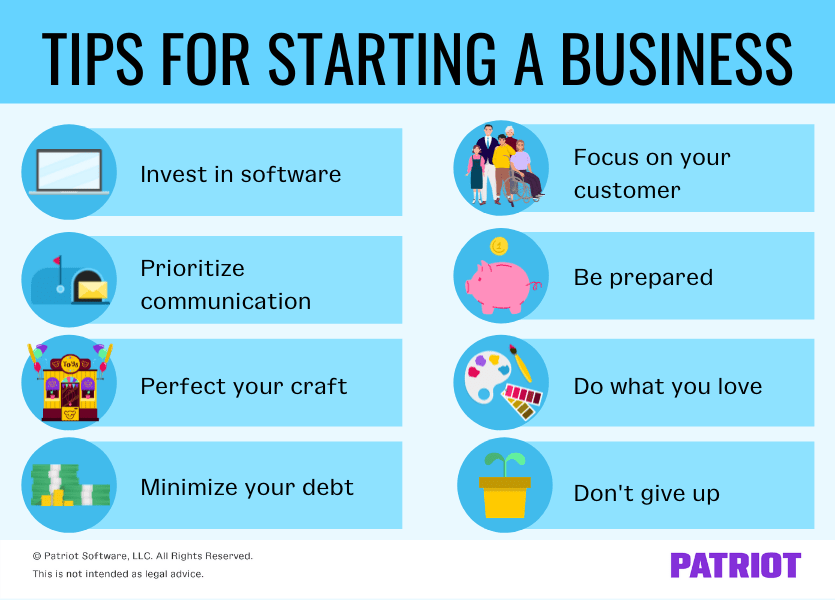
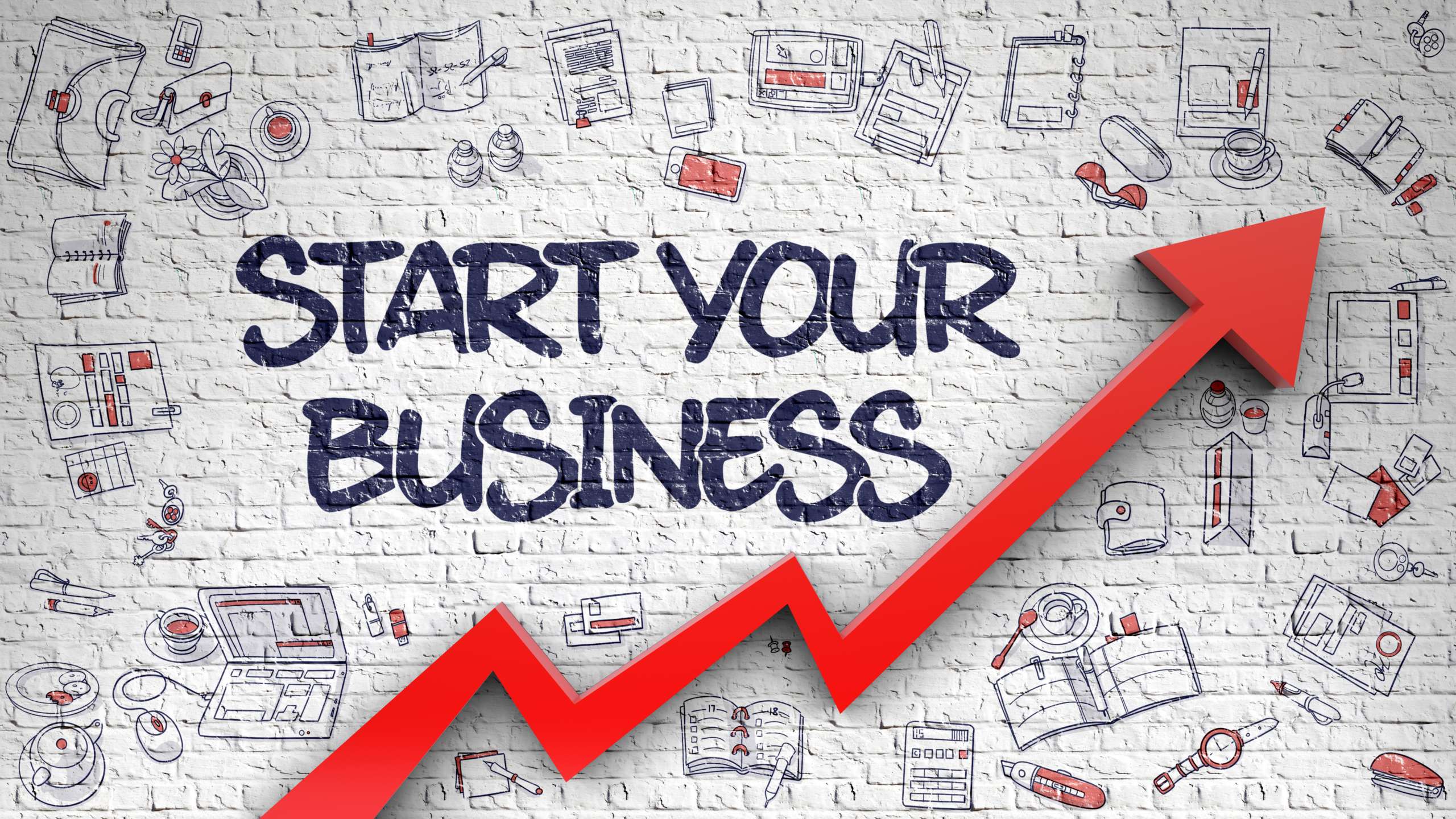
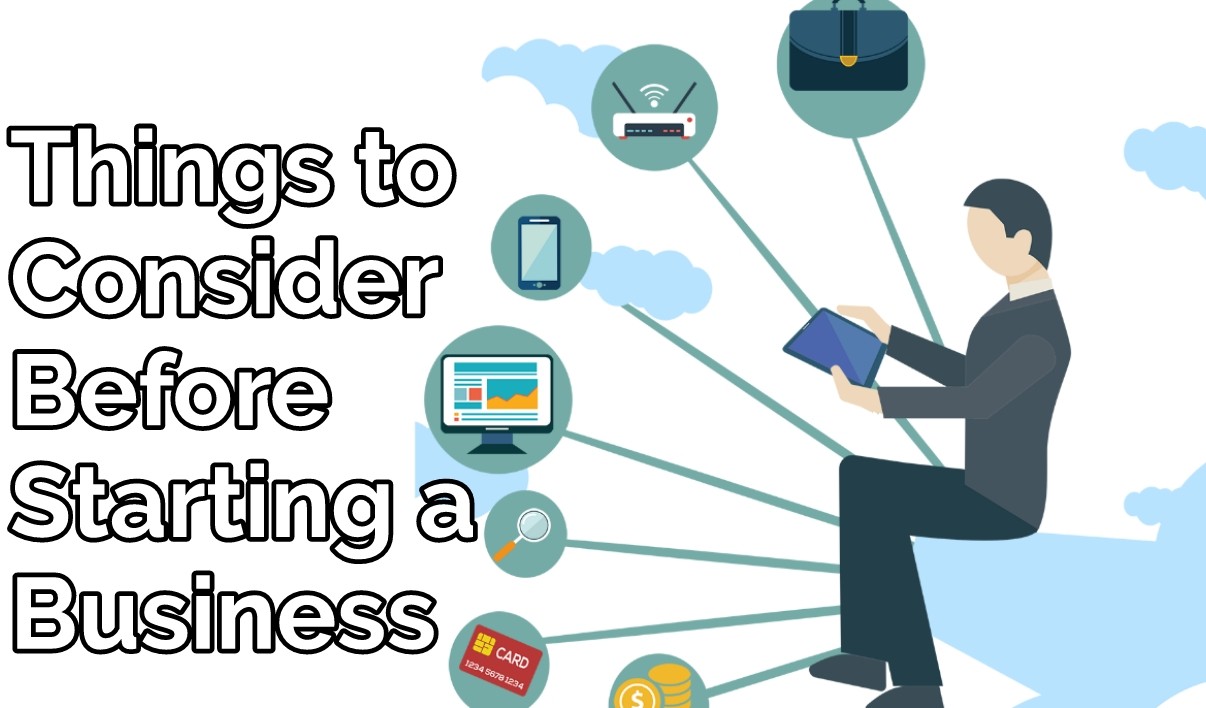







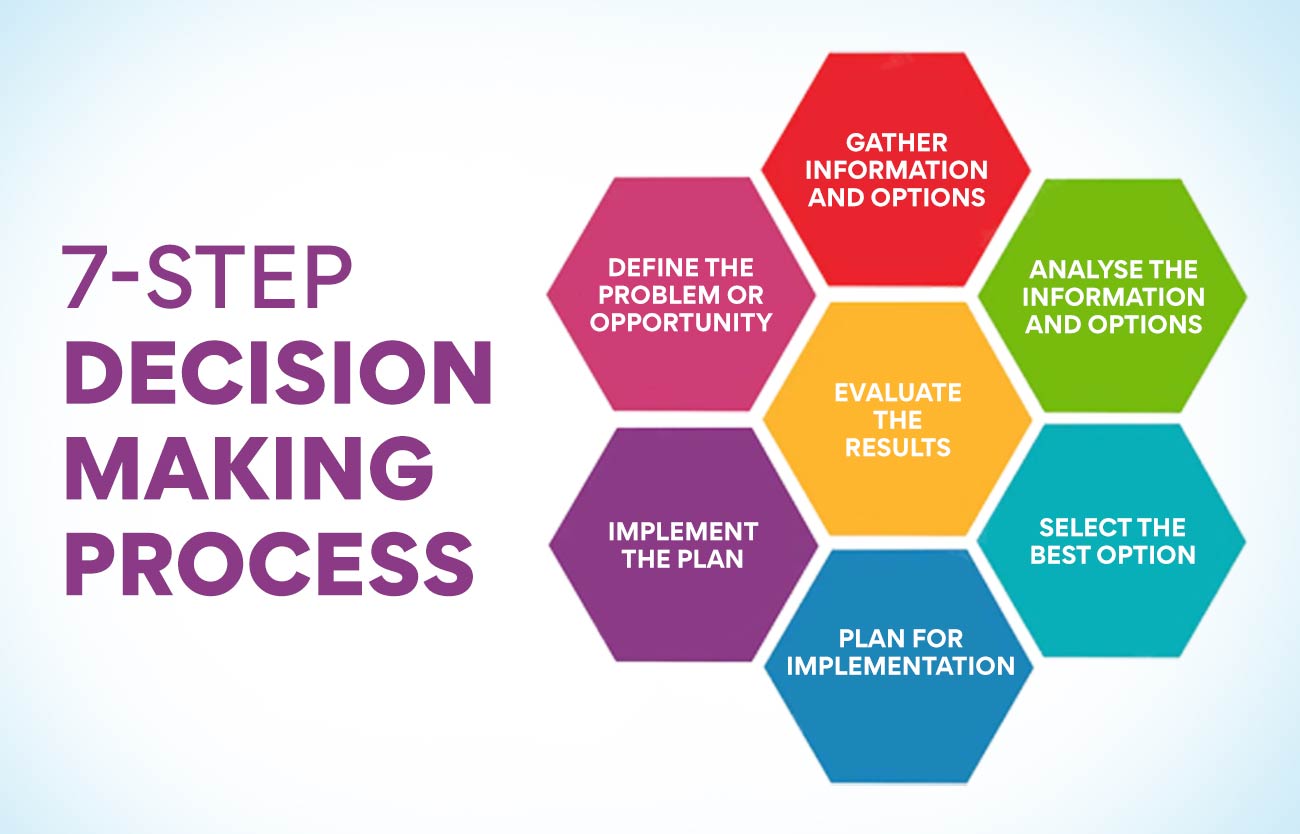
![Deciding What Type Of Business To Start How to Start a Small Business in 13 Steps [2024 Guide] - Step By Step](https://stepbystepbusiness.com/wp-content/uploads/2022/01/How-to-Start-a-Business_Profitable-1.jpg)
